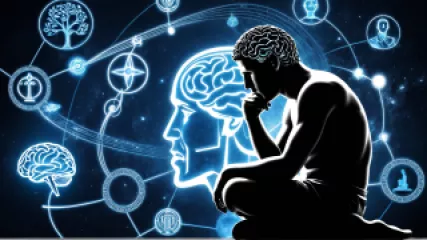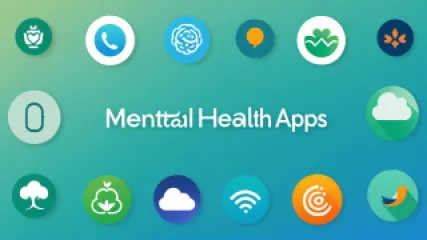Mastering Emotional Intelligence: A Step-by-Step Guide
for 1 år siden
Følelsesmæssig Intelligens Grundlæggende
Mastering Persuasive Psychology: A Step-by-Step Guide
for 1 år siden
Overtalelsens Psykologi
Why Embracing Change Can Unlock a Positive Mindset
for 1 år siden
Overvinde Frygten for Forandring
The Ultimate Guide to Success Psychology
for 1 år siden
Succes Psykologi
How to Explore the Intersection of Philosophy and Psychology
for 1 år siden
Filosofi og Psykologi
The Ultimate Guide to Mastering Success Psychology
for 1 år siden
Succes Psykologi
Understanding Your Moods: A Step-by-Step Guide
for 1 år siden
Forståelse af Stemninger
10 Powerful Techniques to Master the Psychology of Persuasion
for 1 år siden
Overtalelsens Psykologi
What is the Mind-Body Dichotomy?
for 1 år siden
Sind-Krop-Dikotomi
My Journey to Developing Emotional Intelligence
for 1 år siden
Følelsesmæssig Intelligens Grundlæggende
Mastering Mood Journaling: A Step-by-Step Guide
for 1 år siden
Forståelse af Stemninger
10 Best Philosophy and Psychology Books for Personal Development
for 1 år siden
Filosofi og Psykologi
Developing Resilience: A Step-by-Step Guide to Cultivating Grit
for 1 år siden
Dyrkning af Udholdenhed
Overcoming Depression: My Personal Journey to Healing
for 1 år siden
Depression Selv Hjælp Tips
What Are the Best Mental Health Apps for 2023?
for 1 år siden
Mental Sundhedsapps















